Democracy And Daily Life
IS DEMOCRACY still the guiding force of New Zealand society? In how many institutions do democratic principles still inform decision-making? Do those who wield power in our society even believe in democracy anymore? What does it mean that, over the course of the last 40 years, democratic principles have largely ceased to inspire the conduct of public affairs? When even our political parties no longer take democracy seriously, can we really call ourselves a democratic nation state?
One approach to these questions is to ask ourselves if we are invited to practice democracy in our daily lives. If we are workers, do we get to participate in the decisions of the organisations that employ us? If we are students, do we have any say in the content and structure of our courses? If we are unemployed, or beneficiaries, do we have any rights at all that we are able to enforce? And, if the answers to all these questions is an emphatic “No!”, then, once again, are we truly entitled to characterise the institutions in which we spend most of our waking hours, and/or upon which we rely for our daily bread – democratic?
These are very modern questions. True, participatory, democracy has not been a feature of human existence since the species ceased to operate in small groups of hunter-gatherers and allowed itself to be caught up in the hierarchies of “civilisation” – the city-based cultures made possible by the surpluses of the agricultural revolution.
For most of the past 10,000 years the very idea of democracy – of everybody having a say in the running of things – would have been laughable. That was not the way the world worked. Slaves, peasant-farmers and women: the people who kept society going, had no say whatsoever. And even in those rare city-states where “freemen” managed to carve out a political role, democracy proved to be a fragile flower. For most of human history, tyrannies, monarchies and empires have been the norm.
The idea that all human-beings might have a role to play in the governing of a civilised society is only about 300 years old.
Ironically, democracy as a “modern” idea owes much to the encounters of European settlers with the indigenous hunter-gatherer and/or proto-agricultural peoples living in the lands they had “discovered”. The freedom enjoyed by the ordinary members of these societies contrasted sharply with the downtrodden condition of the ordinary people of Europe.
As the French philosopher Jean-Jacques Rousseau (1712-1778) famously declared: “Man is born free, and everywhere [by which he meant Europe] he is in chains.” The Great Question was thus posed: Can human-beings be both “civilised” and “free”? Throughout the Nineteenth Century, the answer was a confident and optimistic “Yes.” The bloody Twentieth Century, however, vacillated crazily between “Yes” and “No”. So far, the Twenty-First Century’s response seems to be: “What do you mean by ‘civilised’?” and “What do you mean by ‘free’?”
We should not be deceived by this “post-modern” response to The Great Question. It is nothing more than ruling-class temporising. The infamous “One Percent” have already decided that freedom and civilisation are even less compatible today than in the past. They just don’t want to admit it to the Ninety-Nine Percent.
If you would see how free we are, go out into the streets and count the number of human-beings peering into tiny screens, ear-buds inserted, listening to their Master’s voice.
And what is their Master is saying? His message is a simple one: Look inwards for the truth. Trust only your own experience. Who you are cannot be defined by anybody else. Refuse to be distracted from the self you have made. There is nobody like you. Your morals and values are your own. You don’t owe anything to anyone else. Solidarity is death. Hell is other people.
Democracy contradicts every one of those propositions: it commands us to look outward; it demands our trust; it tells us what is expected of our humanity; it elevates the collective above the self; it celebrates the things we have in common; it defines our morals and values; it calculates what we owe one another; it discovers life in solidarity; and it finds heaven in, and with, other people.
Set forth in this fashion, the problems associated with democracy immediately become apparent. Who wants to be a democrat if it means giving up the self-absorbed existence which the material abundance of Twenty-First Century capitalism makes possible? And don’t put too much faith in George Orwell’s plaintiff cry that: “If there is hope … it lies in the Proles”. They want the good life, too!
In a curious way, our self-centred, hyper-technologised, post-modern existence closes the circle on democracy. Originally, in our species’ hunter-gatherer mode, all discussion and debate was focused on the practicalities and purposes of survival. The business of being human was the business of staying alive for another day. Ten-thousand years later, it still is. The only difference, now, is that we believe we can do it on our own.
Democracy will flourish again only after we discover that we can’t.

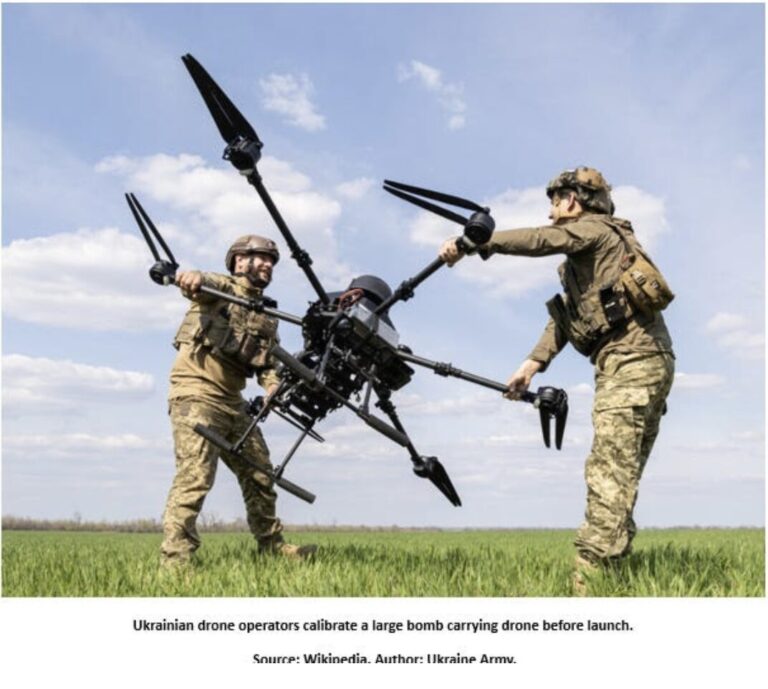
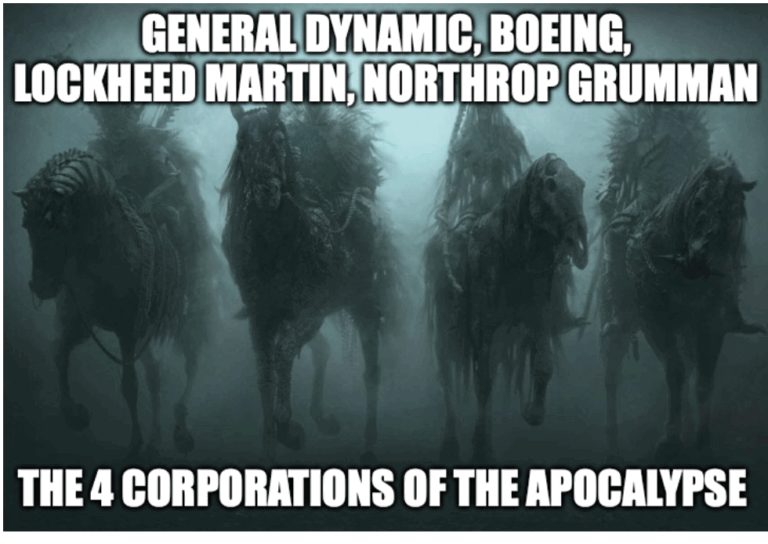
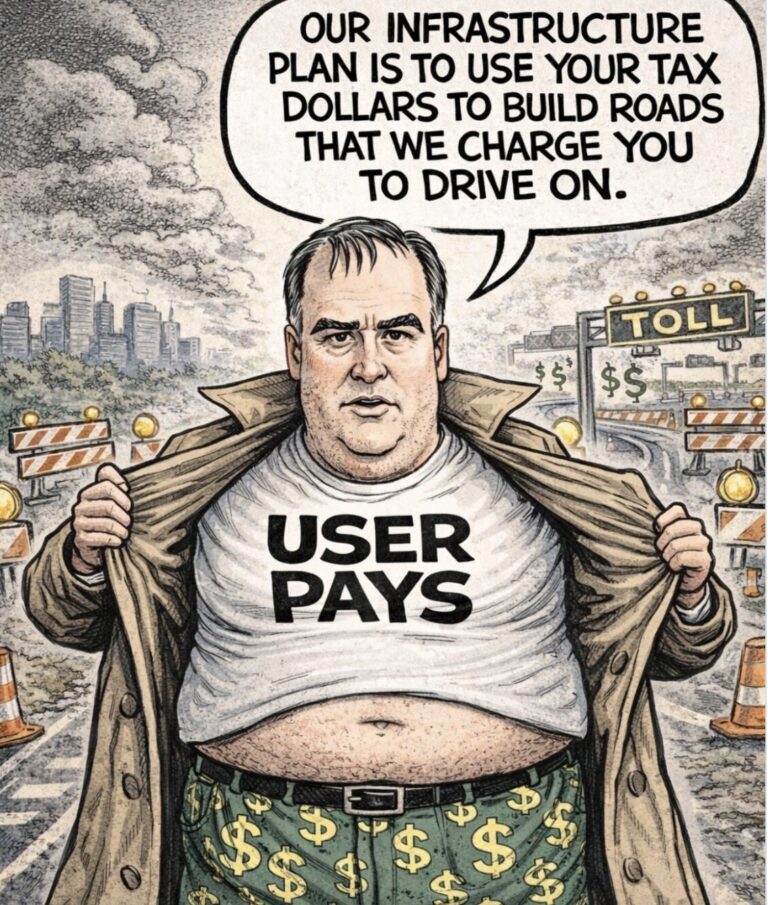
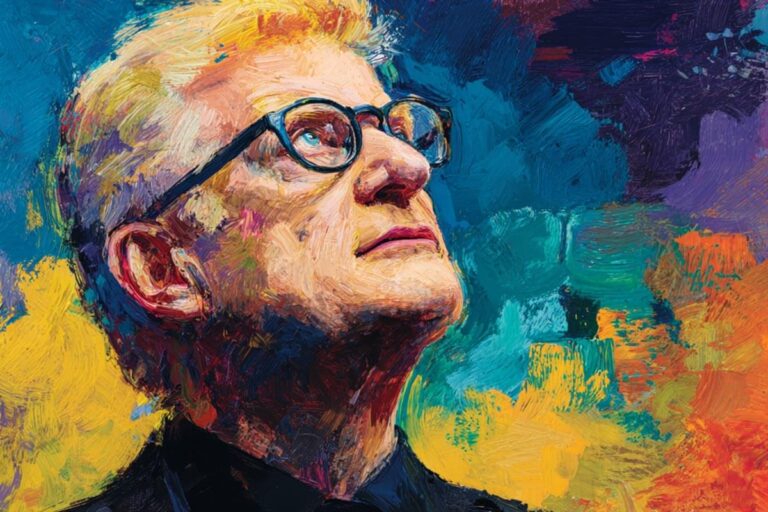

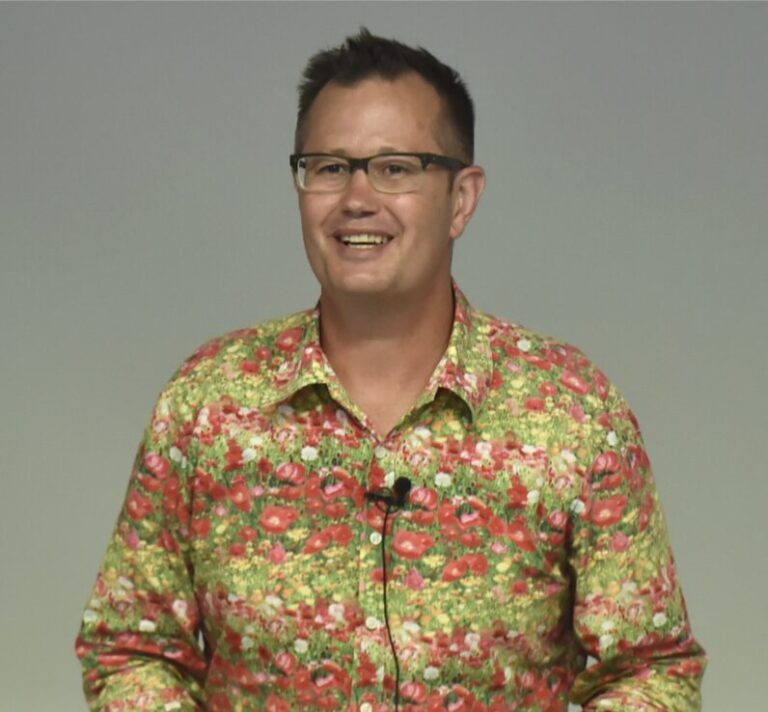
“Democracy elevates the collective above the self..”?
In fact, democracy elevates the right of the sovereign individual to take a part — equal to every other individual’s — in deciding how society is governed.
The truth is that it is tribalism that elevates the collective above the self.
NZ is facing a crossroads between tribalism and democracy.
Great article. The newness of democracy is something that surprises people. But is democracy a good way to govern? Winston Churchill said “If you want to know what’s wrong with democracy spend 5 minutes talking to the average voter”. However, Churchill also said “Democracy is the worst form of government we have – apart from all the others”.
Or what this guy said?
https://m.youtube.com/watch?v=A1plQPlsT2o
Corruption runs deeper than hell within the National party, they simply never learn..dirty Politics part 5…
https://www.nzherald.co.nz/business/auckland-mayoralty-person-behind-rogue-efeso-collins-website-revealed/HIY5F32RUJCDJSNG6SEAUHASJU/
Socialism should not be loss of self.
You suggest a false choice between only me or only the collective, but this ‘only’ is an invitation to tyranny. To lose oneself or to lose the other these are two paths to the same destination: losing an authentic ‘us’. This ‘us’ is essential to any democratic process. Who is participating? who is negotiating, compromising, who is in relationship if either ceases to exist?
Who is there to participate in democracy if we can’t create a space of ‘us’? For such a space to exist neither can be lost to facilitate either the other or the self. Of course the
Elizabeth Rata explores this dynamic talking about Partial Loyalty. I think this is where we are aiming so not a loss of self but simultaneously buying into a whole.
“In a democracy we hold many loyalties simultaneously – family and social groups where the loyalty is personal – creating a deeply held sense of identity and belonging – perhaps to a tribe, culture, religion, sport or other type of association.
And at the same time we are loyal to a diverse society and to its governing system that is not personal. Indeed loyalty to the democratic nation is loyalty to a vision – the idea of ‘government of the people, by the people, for the people’.
These two different loyalties – one a deeply personal identity – the other a rational commitment to an idea – is why democracy is so difficult. It is much easier to fall back into loyalties of emotion, not reason.
But how can we even discuss what is best for the collective if we can’t think outside of our tribal memes and talking points? We lose the best interests of the collective just as quickly if individuals are so lost into their tribes that they lose the capacity for independent thought.
Tribes are very vulnerable to being take-over by group power and popularity games, especially from disingenuous participants and most especially where individuals can’t think critically in regard to their own tribe and its positions and independently to just know what they think.
The other thing is hierarchies. Whose thoughts are and aren’t heard; who sets the agendas defining what (and whose interests) matter? Who sets the attitudes and feeling tone, the words, the priorities?
I’m a socialist but I feel tribalism is the democratic kiss of death. Participating in democracy requires independent thought.
Thanks for explaining that Chris. Your comment yesterday had me scratching my head.
“Democracy will flourish again only after we discover that we can’t”.
I think technology, identarianism and greed have a lot to do with how we got here and more widely the downfall of religion.
We once believed in some universal rules for living but we let it all go and replaced it with the hell that is individualism. A concept blatantly promoted by a global capitalist system that seeks to remake us every two years so it can sell us more stuff.
We seem well on the way to establishing a feudal society where those at the top, the developing rentier class owe their position and future wealth to their ancestry and the belief that they deserve special status because they arrived here first. Tamati Coffey may call it “tweaking” democracy, but it is more a full scale assault on democratic principles developed over millennia by Western civilization.
“ All it takes for evil to prosper is for good men to remain silent “
I cringe when I hear adults say they’re not interested in politics. What did we get in the last Auckland local elections? Thirty something percent turnout?
I’ll end with Pericles: “You may not be interested in politics …but politics is interested in you”
The book I read tells us we can’t do it on our own as well although it offers a vastly better future.
I think importing hordes of people from low trust societies will make it better, though. Infinitely so.
The Rough Beast. I’ve often wondered why this country doesn’t import more Danes or Dutch or Western Europeans generally, and if you’re saying that we prefer citizens from traditionally corrupt and corruptible slippery Asian societies, you’re right. It’s very short term thinking, but that’s how current politicians are. The seasonal import of Pacifica is a separate and probably more pragmatic issue. At everyday level, strangers come here and then complain that we don’t adapt ourselves to accommodate their cultural differences, which can be quite a big ask. Politicians are immune from the practicalities of just about everything.
It’s not that we don’t import Danes, Dutch or West Europeans, it’s that they don’t really want to come. Why would you travel to the other side of the world, to earn less money and pay more for the privelege? You’ve already got democracy, higher living standards, and better infrastructure at home!
If you’re coming from an asian society however, with impartial/no democracy, corrupt government, low living standards and wages… then NZ looks pretty good! Also, it’s closer. If you don’t like it, it’s a lot quicker to get home!
Holland and Denmark have higher standards of living so why would they want to come to a 2nd world country?
‘Second World’ is spot-on. We’ve fallen heavily over the past 4 decades.